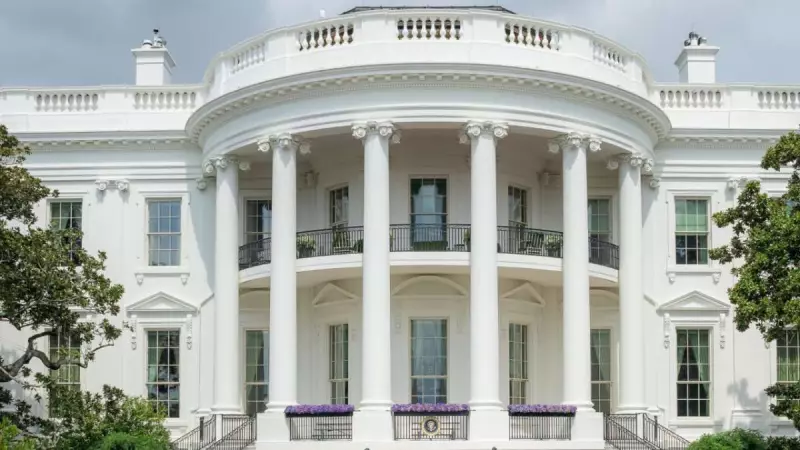
In a significant policy shift that could affect thousands of Indian professionals, the United States has announced the elimination of automatic extensions for Employment Authorization Documents (EADs), commonly known as work permits. This move by the US Citizenship and Immigration Services (USCIS) marks a substantial change in how foreign workers maintain their legal employment status while awaiting visa extensions.
Understanding the Policy Change
The new regulation, effective immediately, ends the automatic 180-day extension period that was previously granted to applicants who filed for EAD renewals before their current permits expired. This safety net was crucial for many professionals, particularly those in the technology sector where Indian workers constitute a significant portion of the workforce.
Immediate Impact on Indian Professionals
This policy change creates several critical challenges for Indian workers in the US:
- Employment Gap Risks: Workers could face employment interruptions if their EAD renewal applications experience processing delays
- Financial Uncertainty: Potential loss of income during processing periods could create financial strain
- H-4 Visa Dependents Affected: Spouses of H-1B visa holders, who often rely on EADs for employment, face particular vulnerability
- Career Disruption: Professionals may need to pause projects or risk being out of status
Why This Matters for the Indian Tech Community
Indian professionals, especially those in the technology sector, form one of the largest groups of H-1B visa holders in the United States. The H-1B program has been a primary pathway for Indian tech talent to work in America, with many bringing their families who also depend on work authorization.
"This policy change adds another layer of complexity to an already challenging immigration process," says an immigration attorney familiar with the Indian professional community. "Many Indian families have built their lives in the US, and this uncertainty creates significant stress."
Proactive Steps for Affected Workers
Given the new regulations, experts recommend:
- Early Application Filing: Submit renewal applications at least 6-8 months before current EAD expiration
- Document Preparation: Ensure all supporting documents are complete and accurate
- Legal Consultation: Seek guidance from qualified immigration attorneys
- Employer Communication: Maintain open dialogue with employers about potential processing delays
The Bigger Picture: US Immigration Landscape
This policy revision reflects the ongoing evolution of US immigration policies under the current administration. While officials cite the need to reduce fraud and streamline processes, the practical implications for foreign workers, particularly from India, are substantial.
The change comes at a time when the US continues to rely heavily on foreign talent, especially in STEM fields where Indian professionals have made significant contributions to American innovation and economic growth.
As the situation develops, affected individuals are advised to stay informed about policy updates and work closely with legal experts to navigate these changing immigration waters successfully.





